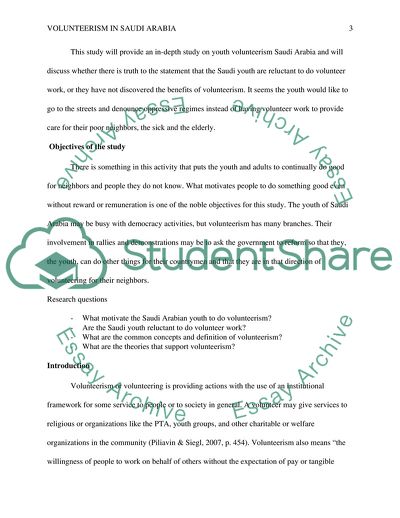Cite this document
(Volunteerism in Saudi Arabia Coursework Example | Topics and Well Written Essays - 2500 words, n.d.)
Volunteerism in Saudi Arabia Coursework Example | Topics and Well Written Essays - 2500 words. https://studentshare.org/sociology/1816847-volunteerism-in-saudi-arabia
Volunteerism in Saudi Arabia Coursework Example | Topics and Well Written Essays - 2500 words. https://studentshare.org/sociology/1816847-volunteerism-in-saudi-arabia
(Volunteerism in Saudi Arabia Coursework Example | Topics and Well Written Essays - 2500 Words)
Volunteerism in Saudi Arabia Coursework Example | Topics and Well Written Essays - 2500 Words. https://studentshare.org/sociology/1816847-volunteerism-in-saudi-arabia.
Volunteerism in Saudi Arabia Coursework Example | Topics and Well Written Essays - 2500 Words. https://studentshare.org/sociology/1816847-volunteerism-in-saudi-arabia.
“Volunteerism in Saudi Arabia Coursework Example | Topics and Well Written Essays - 2500 Words”. https://studentshare.org/sociology/1816847-volunteerism-in-saudi-arabia.


